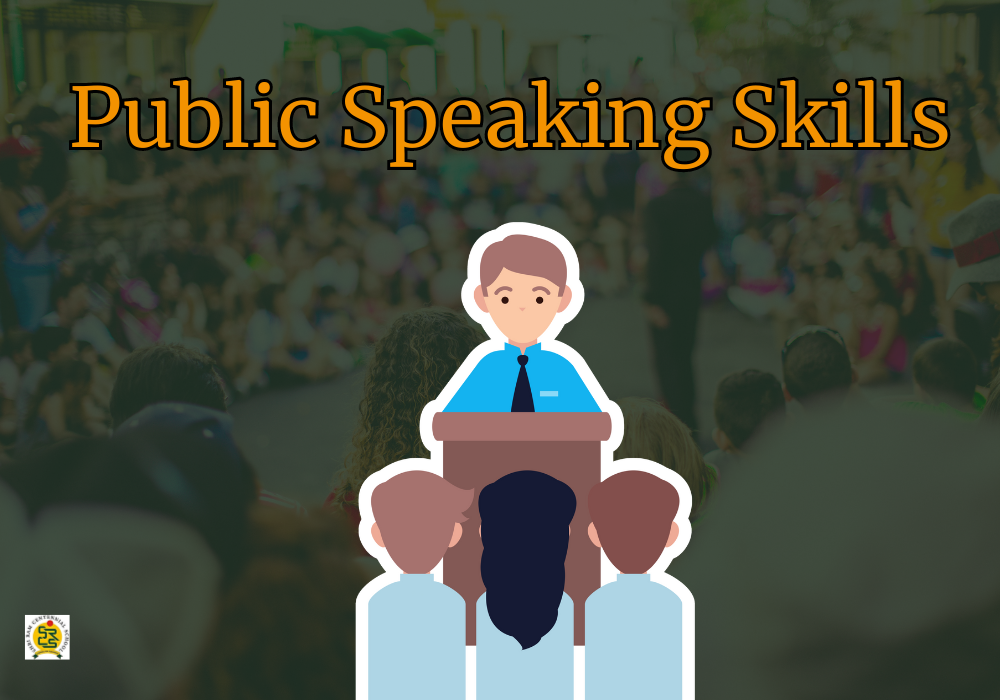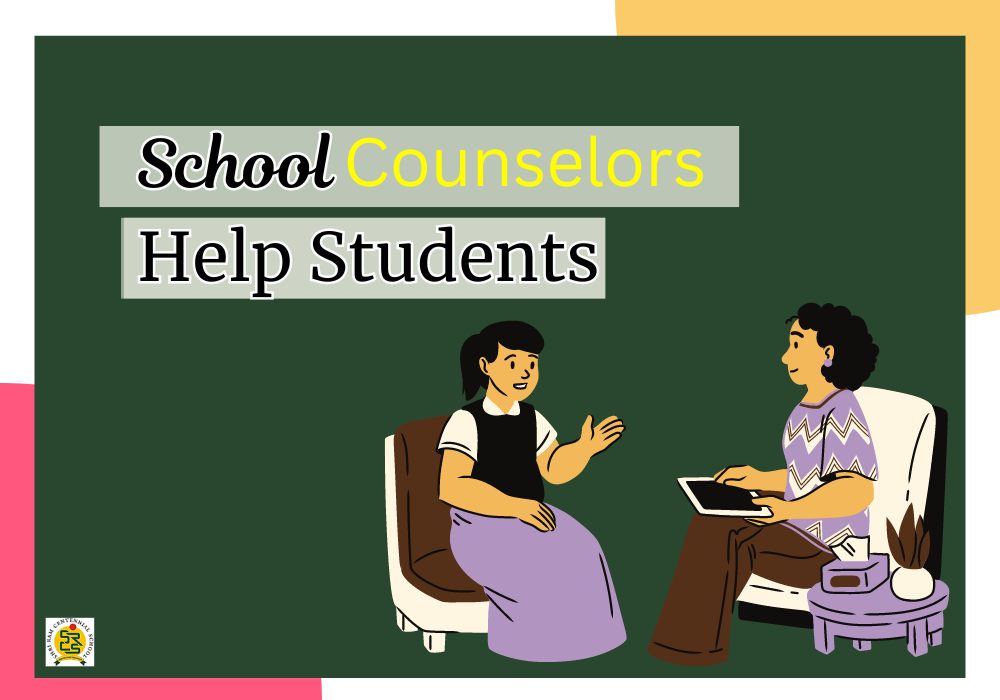In today’s competitive world, the ability to communicate effectively and confidently is crucial for personal and professional success. It is a critical skill that can significantly enhance a student’s ability to articulate thoughts, present ideas, and engage with an audience. Recognizing the importance of this skill, schools in Dehradun, such as SRCS, a coed CBSE school, are actively incorporating various activities and programs to help students develop strong public speaking skills. This article explores how students can develop public speaking skills through activities at schools in Dehradun, highlighting the strategies and benefits of such initiatives.
Importance of Public Speaking Skills
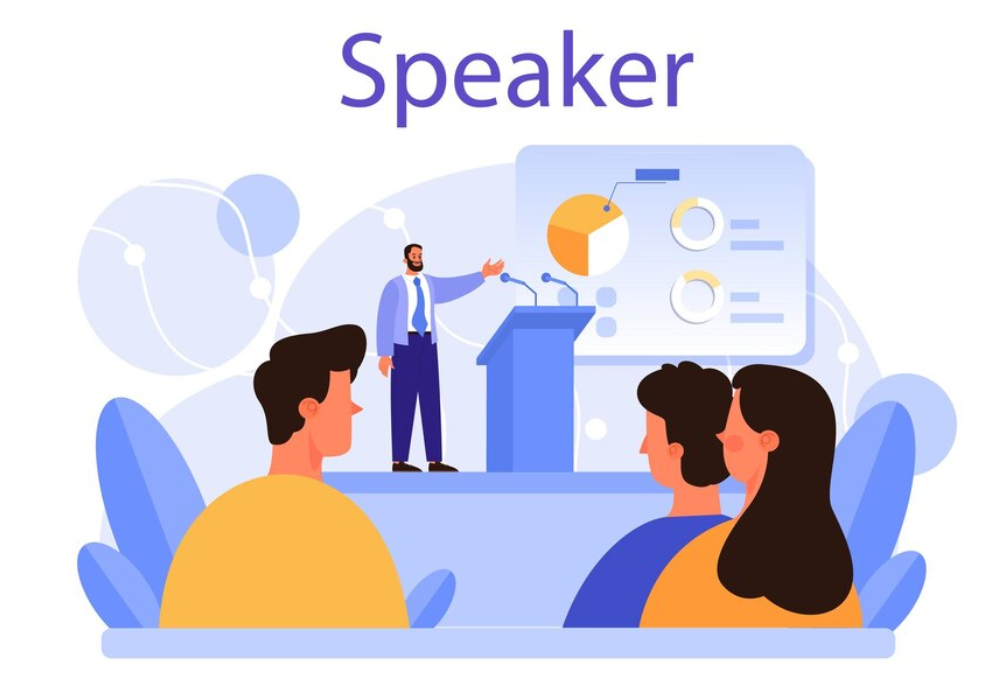
This is essential for several reasons. Firstly, they boost self-confidence and self-esteem. When students learn to speak confidently in front of an audience, they overcome fears and anxieties associated with public speaking. This newfound confidence extends beyond the classroom, positively impacting other areas of their lives.
Secondly, public speaking skills enhance communication abilities. Effective communication is a key component of success in both academic and professional settings. Students who master it can convey their ideas clearly, persuasively, and engagingly, making them more effective communicators.
Additionally, it promotes critical thinking and creativity. Preparing and delivering speeches requires students to organize their thoughts, research topics, and present information logically. This process encourages analytical thinking and fosters creativity as students learn to present their ideas in engaging and innovative ways.
Strategies to Develop Public Speaking Skills at Schools in Dehradun
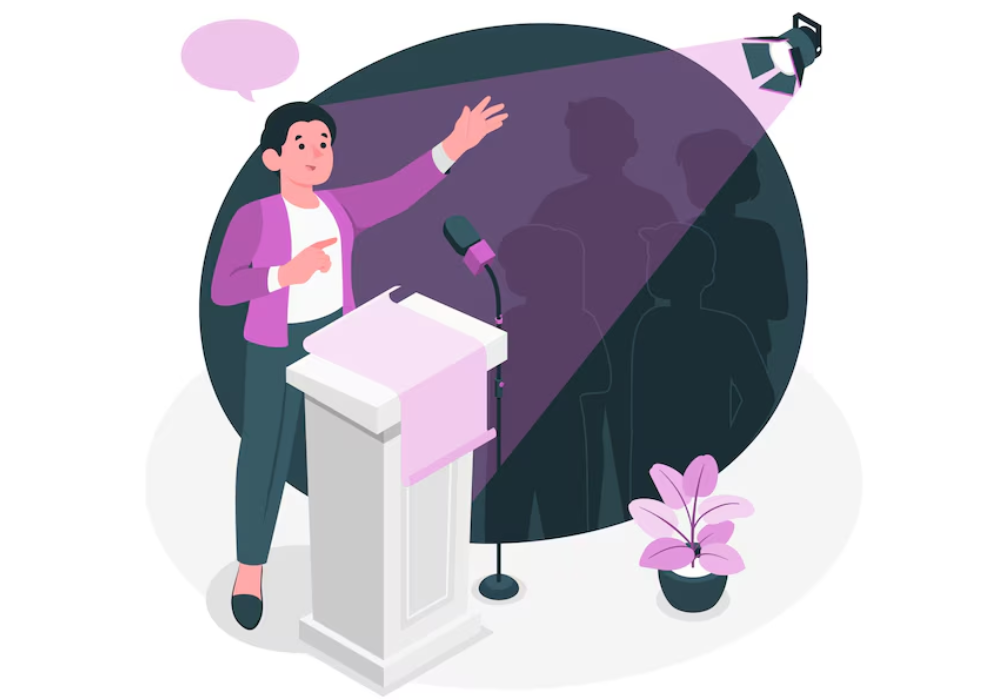
Schools in Dehradun are implementing various strategies and activities to help students develop public speaking skills. Here are some effective methods used by SRCS and other schools in the region:
1. Debate Clubs and Competitions
Debate clubs are a popular and effective way to develop public speaking skills. These clubs provide students with opportunities to research topics, formulate arguments, and present their views in a structured manner. Participating in debates helps students improve their articulation, critical thinking, and persuasive speaking abilities.
Debate competitions, both within the school and inter-school, further enhance these skills. Students gain exposure to diverse viewpoints and learn to defend their positions confidently. These competitions also teach students to think on their feet, respond to counterarguments, and engage with an audience effectively.
2. Drama and Theatre Activities
Drama and theatre activities are excellent for developing public speaking skills. These activities require students to perform in front of an audience, helping them overcome stage fright and build confidence. Through acting, students learn to project their voices, use body language effectively, and convey emotions convincingly.
Participating in plays and skits also encourages creativity and teamwork. Students learn to collaborate with peers, memorize lines, and deliver performances that captivate the audience. The experience gained from drama and theatre activities translates into improved public speaking abilities.
3. Public Speaking Workshops
Many schools in Dehradun organize public speaking workshops to provide students with formal training in this essential skill. These workshops are often conducted by experienced speakers and trainers who teach students the fundamentals of public speaking. Topics covered in these workshops include speech preparation, voice modulation, body language, and handling stage fright.
Workshops provide a structured environment where students can practice their speaking skills, receive constructive feedback, and improve over time. They also offer opportunities for students to engage in speaking exercises, such as impromptu speeches and storytelling, which enhance their ability to think and speak spontaneously.
4. Model United Nations (MUN)
Model United Nations (MUN) is a simulation of the United Nations where students represent different countries and engage in debates on global issues. MUN conferences are an excellent platform for developing public speaking skills. Participants research their assigned countries, prepare position papers, and deliver speeches during the conference.
MUN fosters diplomatic skills, critical thinking, and effective communication. Students learn to present their views persuasively, negotiate with peers, and engage in constructive debates. The experience gained from MUN conferences enhances students’ public speaking abilities and broadens their understanding of international affairs.
5. Class Presentations and Projects
Regular class presentations and projects are integral to developing public speaking skills. Teachers at schools in Dehradun often assign projects that require students to present their findings to the class. These presentations help students practice organizing their thoughts, using visual aids, and speaking confidently in front of their peers.
Class presentations also provide opportunities for peer feedback, allowing students to learn from each other and improve their speaking skills. Teachers play a crucial role in guiding students, offering constructive criticism, and encouraging them to refine their presentation techniques.
Benefits of Developing Public Speaking Skills
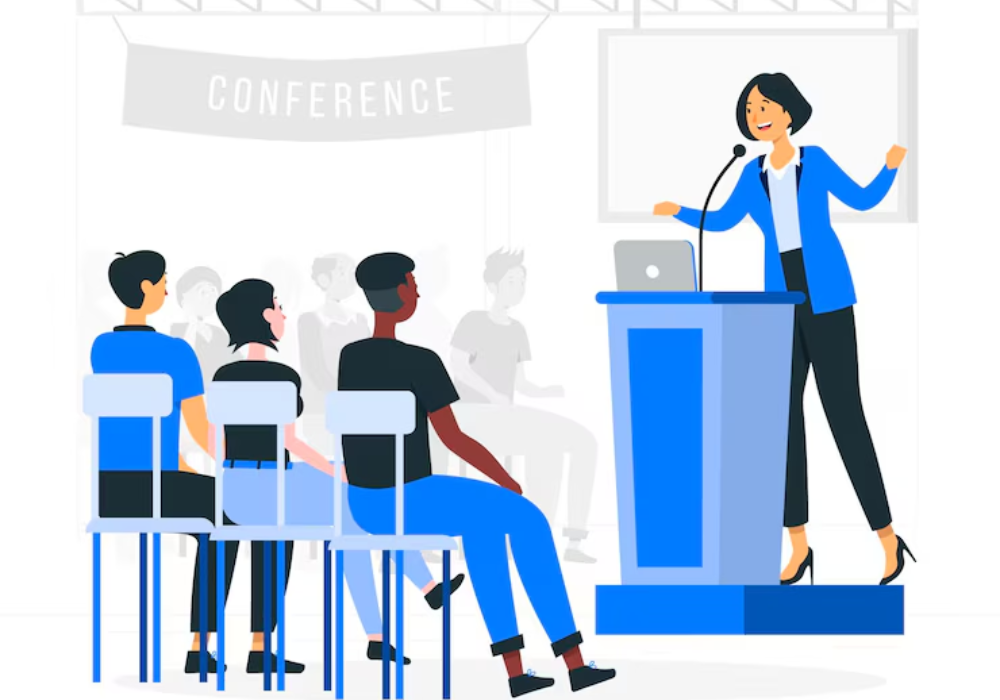
Developing public speaking skills offers numerous benefits to students, both academically and personally. Here are some key advantages:
1. Enhanced Academic Performance
Public speaking skills contribute to better academic performance. Students who can articulate their thoughts clearly and confidently are more likely to excel in oral examinations, class presentations, and group discussions. These skills also improve their ability to express ideas in written assignments, leading to overall academic success.
2. Improved Confidence and Self-Esteem
Mastering public speaking builds confidence and self-esteem. Students who can speak confidently in front of an audience are less likely to experience anxiety and fear in social situations. This confidence extends beyond the classroom, positively impacting their personal and professional lives.
3. Better Communication Skills
Effective public speaking enhances overall communication skills. Students learn to convey their ideas clearly, listen actively, and engage with their audience. These skills are valuable in both academic and professional settings, enabling students to communicate effectively with peers, teachers, and future colleagues.
4. Critical Thinking and Problem-Solving
Public speaking requires critical thinking and problem-solving skills. Students must analyze information, formulate arguments, and present their views logically. These skills are essential for academic success and prepare students for future challenges.
5. Leadership and Teamwork
Developing public speaking skills fosters leadership and teamwork. Students who can speak confidently are more likely to take on leadership roles and collaborate effectively with peers. These skills are valuable for future career opportunities and contribute to overall personal development.
Conclusion
Incorporating activities that develop public speaking skills is essential for the holistic development of students. Schools in Dehradun, such as SRCS, are actively implementing various strategies and programs to enhance these skills. Through debate clubs, drama activities, workshops, MUN conferences, class presentations, contests, and leadership programs, students are gaining valuable experience and improving their ability to communicate effectively.
Developing public speaking skills offers numerous benefits, including improved academic performance, increased confidence, better communication abilities, enhanced critical thinking, and leadership opportunities. By fostering these skills, schools in Dehradun are preparing students for future success in both their academic and professional lives.






